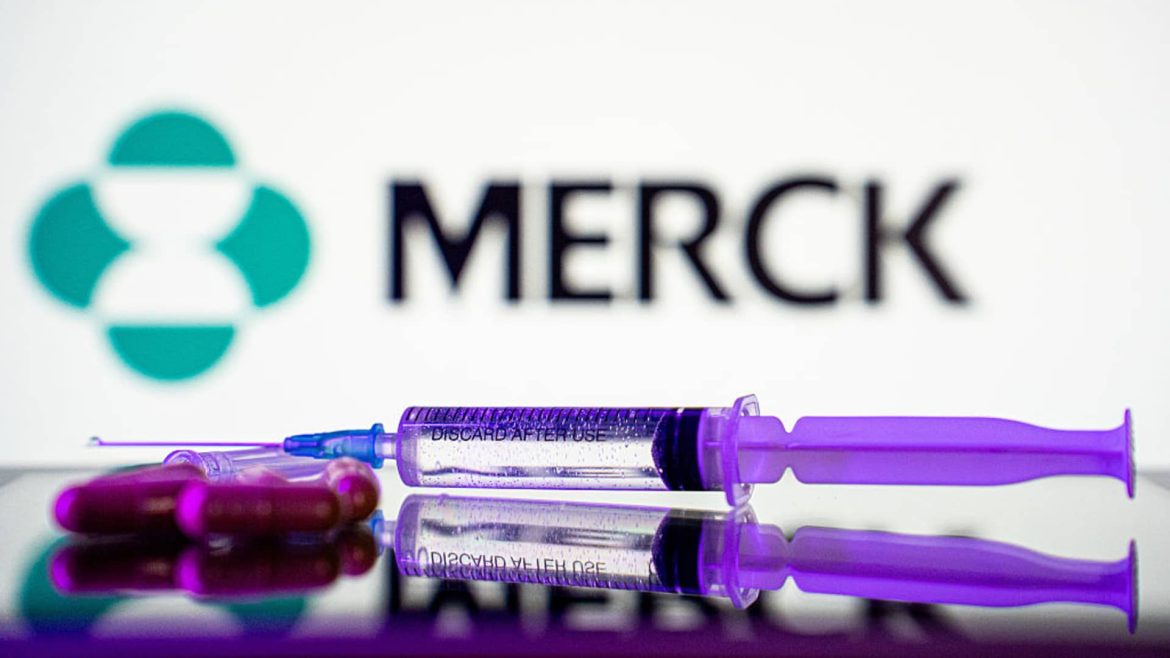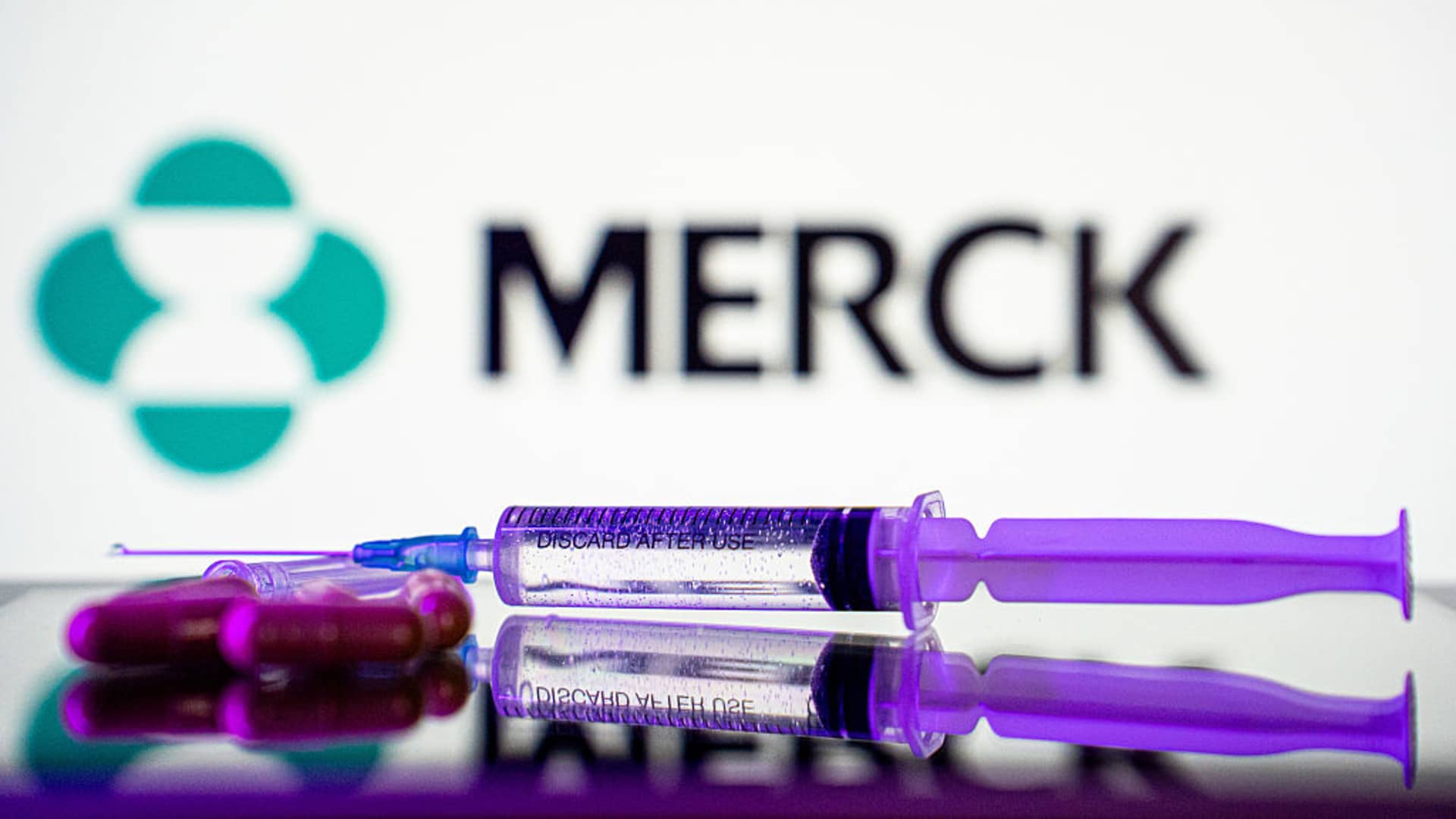In a surprising turn of events, Robert F. Kennedy Jr., known for his skepticism toward vaccines, now oversees a federal vaccine advisory panel that has just recommended Merck’s new RSV antibody shot for infants. This decision has sparked both concern and relief among parents and public health professionals, raising questions about the factors that influenced this recommendation and its implications for pediatric immunization in the United States.
The Urgency of RSV in Infant Health
Respiratory Syncytial Virus (RSV) poses a significant threat to infant health, particularly during the winter months. The Centers for Disease Control and Prevention (CDC) estimates that RSV hospitalizes up to 80,000 children under five annually in the U.S., with infants under one year old being at the highest risk. For decades, pediatricians have sought effective preventive measures against RSV, as traditional approaches have been limited to hand hygiene and a costly drug for premature infants. The development of Merck’s RSV antibody shot represents a long-awaited breakthrough in this area.
The Science Behind Merck’s RSV Antibody
Merck’s RSV antibody shot is not a traditional vaccine but a long-acting monoclonal antibody administered as a single injection to infants before their first RSV season. Unlike vaccines, which train the immune system to recognize and fight viruses, this shot provides immediate protection by delivering engineered antibodies that neutralize the virus for several months. Clinical trials presented to the advisory panel demonstrated a 47% reduction in RSV-related hospitalizations among infants up to two months old who received the shot. The safety profile was also favorable, with side effects being mild and temporary. This data provided a strong scientific basis for the panel’s recommendation.
The Role of Kennedy’s Advisory Panel
The recommendation by Kennedy’s reconstituted Advisory Committee on Immunization Practices (ACIP) was closely watched due to the inclusion of members with vaccine-skeptical views. There were concerns that the panel might reject or delay the approval of new vaccines based on ideological grounds rather than scientific evidence. However, the committee voted overwhelmingly to recommend Merck’s RSV shot for all infants aged 8 months and younger who were approaching or in their first RSV season. This decision was met with relief by many in the medical community, who had feared that the panel might obstruct the approval of lifesaving immunizations.
Factors Influencing the Panel’s Decision
Several key factors influenced the panel’s decision to recommend Merck’s RSV antibody shot:
Pediatricians shared harrowing accounts of infants suffering from severe RSV infections, highlighting the urgent need for effective preventive measures. The real-world impact of RSV on infant health weighed heavily in the panel’s deliberations.
The clinical trial results were clear and compelling, showing a nearly 50% reduction in RSV-related hospitalizations among treated infants. The quality and clarity of the data provided a strong foundation for the panel’s recommendation.
As a monoclonal antibody rather than a traditional vaccine, Merck’s shot avoided many of the controversies associated with other immunizations. It does not rely on mRNA technology or provoke long-term immune memory, making it a more acceptable option for some skeptical panel members.
Even panel members known for their cautious stance on vaccines acknowledged the strength of the available data and the lack of viable alternatives for preventing RSV in infants.
Controversies and Future Implications
While the recommendation was largely supported, a few dissenting voices raised concerns about the need for longer-term data and questions about cost and accessibility. Some vaccine advocates worry that the panel’s approach may shift when evaluating more contentious immunizations, such as new pediatric flu shots or measles boosters. The decision to recommend Merck’s RSV shot, however, suggests that evidence-based decision-making can prevail, even under Kennedy’s leadership.
Access, Equity, and Next Steps
The panel’s recommendation is just the first step in making Merck’s RSV antibody shot widely available. The CDC and insurance providers must finalize guidelines, and pediatricians need clarity on reimbursement and supply. If successfully rolled out, the shot could become a routine preventive measure for healthy infants, addressing longstanding gaps in RSV prevention. However, logistical challenges and equity concerns remain. Ensuring that all infants, regardless of their location or insurance status, have access to this lifesaving treatment will be critical.
The Broader Implications for Kennedy’s Legacy
Kennedy’s oversight of the federal vaccine advisory process has raised questions about the future of immunization policy. His decision to replace longtime panelists with outsiders and self-described skeptics has divided public health experts, who fear that future decisions may be influenced by ideology rather than science. However, the panel’s recommendation of Merck’s RSV shot challenges this narrative, demonstrating that evidence-based decision-making is still possible. Whether this decision signals a new era of pragmatic policymaking or is merely an anomaly remains to be seen.
Conclusion: A Reassuring Step Forward
The recommendation of Merck’s RSV antibody shot for infants is more than a technical endorsement; it offers hope to parents and reassurance to the medical community. This decision suggests that, at least in this instance, facts outweighed partisanship, even under the leadership of a famously contrarian figure. While challenges related to access, equity, and future immunization decisions remain, the panel’s recommendation represents a rare moment of unity in a polarized era of American health policy. For now, it is a reassuring win for the youngest and most vulnerable among us.





